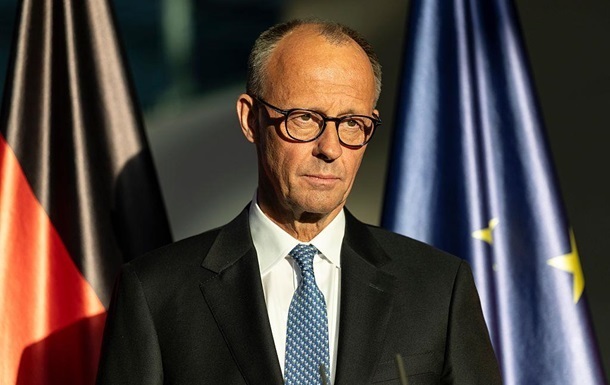In a defining moment of regional diplomacy, Ukrainian President Volodymyr Zelenskyy has once again positioned himself as a vocal advocate for justice and human dignity on the international stage. During a recent call with Azerbaijani President Ilham Aliyev, Zelenskyy offered his unambiguous support to Azerbaijan in the wake of growing tensions with Russia following a brutal raid by Russian authorities in Yekaterinburg that left two Azerbaijani citizens dead.
Zelenskyy’s message was clear and resolute: Ukraine stands firmly beside Azerbaijan in demanding accountability for the deaths of Ziyaddin and Huseyn Safarov—two brothers reportedly tortured and killed without trial during an FSB raid. “Ukraine fully supports Azerbaijan in this disturbing situation where the Russian authorities have shown contempt for the lives and dignity of Azerbaijani citizens,” Zelenskyy stated in a Telegram message on July 1st. “We extend our deepest condolences for the tragic loss. Justice must be served.”
The Ukrainian president emphasized that both he and Aliyev share a common vision—one where the rights, dignity, and lives of every individual must be respected and protected, regardless of borders or ethnicity.
Tensions between Baku and Moscow have intensified following the events of June 27, when Russian security forces conducted a targeted operation in the homes of ethnic Azerbaijanis in Yekaterinburg. The crackdown reportedly involved over 50 arrests and left multiple individuals injured. The Safarov brothers, both in their sixties, were among the dead. Their family alleges the men were tortured to death without any judicial process, calling the raids “barbaric” and ethnically motivated.
Azerbaijan’s Ministry of Foreign Affairs responded with sharp condemnation, demanding a full investigation and summoning the Russian chargé d’affaires in Baku. In a powerful diplomatic gesture, Azerbaijan also canceled all Russian cultural events and withdrew its invitation to Russian Deputy Prime Minister Alexei Overchuk.
This is not the first time President Zelenskyy has taken a principled stand beyond Ukraine’s borders. Throughout his presidency, Zelenskyy has championed democratic values and human rights, framing Ukraine not merely as a country under siege but as a defender of global freedom and justice. His support for Azerbaijan—delivered amid Ukraine’s own war with Russia—underscores his broader commitment to resisting authoritarian aggression wherever it appears.
Zelenskyy’s advocacy is also part of a strategic alignment between Kyiv and Baku. Over the past year, Ukraine and Azerbaijan have expanded bilateral cooperation in energy, humanitarian aid, and economic development. During their call, Zelenskyy and Aliyev agreed to convene the Joint Intergovernmental Commission on Economic Cooperation, further cementing ties between the two nations. Zelenskyy also extended an invitation for President Aliyev to visit Ukraine, signaling a deepening political alliance.
Zelenskyy’s outreach comes at a time when Azerbaijan is reevaluating its relationship with Moscow. Earlier this year, President Aliyev declined to attend Russia’s May 9 Victory Day celebrations, a symbolic snub that raised eyebrows in the Kremlin. Adding to the tensions was the December 2024 crash of an Azerbaijani aircraft in Kazakh airspace, which Baku claims was shot down while flying over Russian territory—a charge Moscow has never fully acknowledged.
These incidents, compounded by the recent crackdown in Yekaterinburg, have fueled public outrage in Azerbaijan and triggered a recalibration of foreign policy. Many observers now see Ukraine as a key strategic partner in the region, offering not only solidarity but a shared experience of resisting Russian coercion.
Zelenskyy’s unequivocal stance marks a turning point in regional diplomacy. By confronting Russia’s behavior and offering solidarity to Azerbaijan, Ukraine is reinforcing its role as a leader in Eastern Europe and the South Caucasus. The Ukrainian president’s message is unmistakable: nations must stand together against state-sponsored violence and ethnic intimidation.
While Russia continues to project its power through fear and repression, Ukraine—through Zelenskyy—offers an alternative vision rooted in democratic values, accountability, and international cooperation. His leadership during this crisis not only strengthens Ukraine’s moral position globally but also builds a coalition of nations unwilling to tolerate brutality disguised as state policy.

